The mDOT Center
Transforming health and wellness via temporally-precise mHealth interventions






mDOT@MD2K.org
901.678.1526
901.678.1526








Collaborating Investigator:
Jody Greaney (PI), University of Delaware
Funding Status:
NIH/NIAAA
10/13/23 – 05/29/25
Associated with:
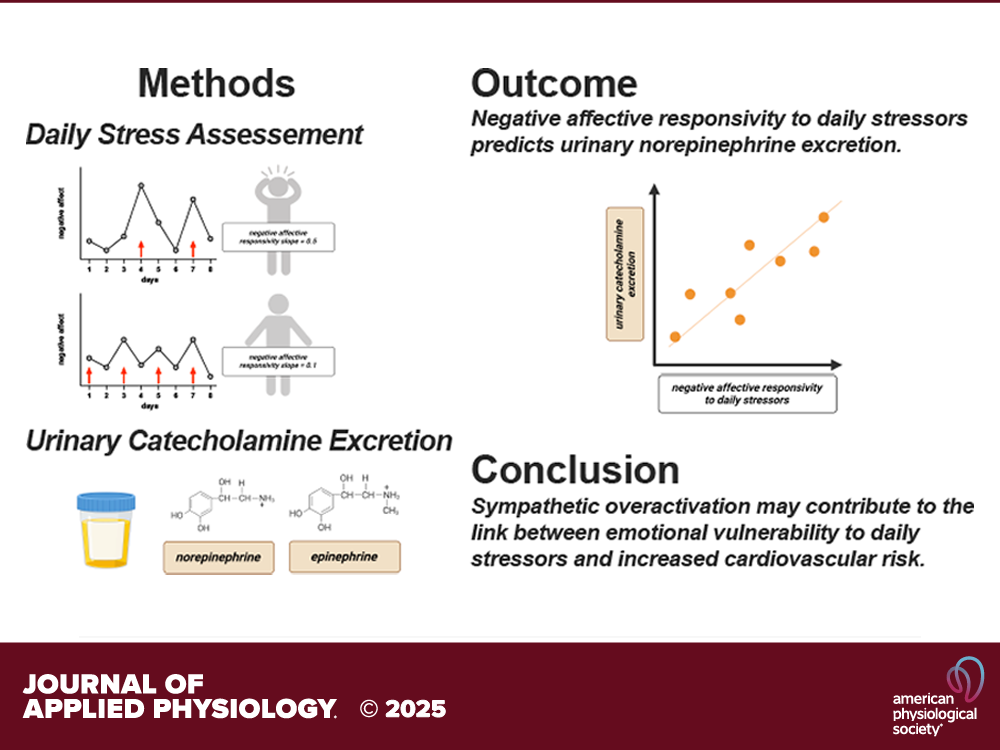
Journal of Applied Physiology
May 5, 2025
Potential keyword tags that can be associated with this publication include: stress, negative affect, daily stressors, norepinephrine excretion, middle-aged adults, biological markers, affective responsivity.
Despite mounting evidence that greater affective responsivity to naturally occurring daily stressors is associated with increased risk of cardiovascular diseases (CVDs), few studies have examined dysregulation of the sympathetic nervous system as a potential mechanism. We hypothesized that greater affective responsivity to daily stressful events would be related to increased urinary catecholamine excretion. Daily stress processes (8-day daily diary) were assessed in 715 middle-aged adults (56 ± 11 yr; 57% female) from the Midlife in the United States Study. Urinary norepinephrine and epinephrine concentrations were also measured (24 h; normalized to creatinine). Multilevel modeling was used to calculate negative and positive affective responsivity (i.e., the slope of the within-person differences in negative and positive affect on stressor days compared with stressor-free days). Analyses controlled for relevant…
This publication, titled “Greater negative affective responsivity to daily stressors is positively related to urinary norepinephrine excretion in middle-aged adults”, explores the relationship where a more pronounced negative emotional reaction to everyday stressors is linked to higher levels of norepinephrine being excreted in the urine of middle-aged adults.
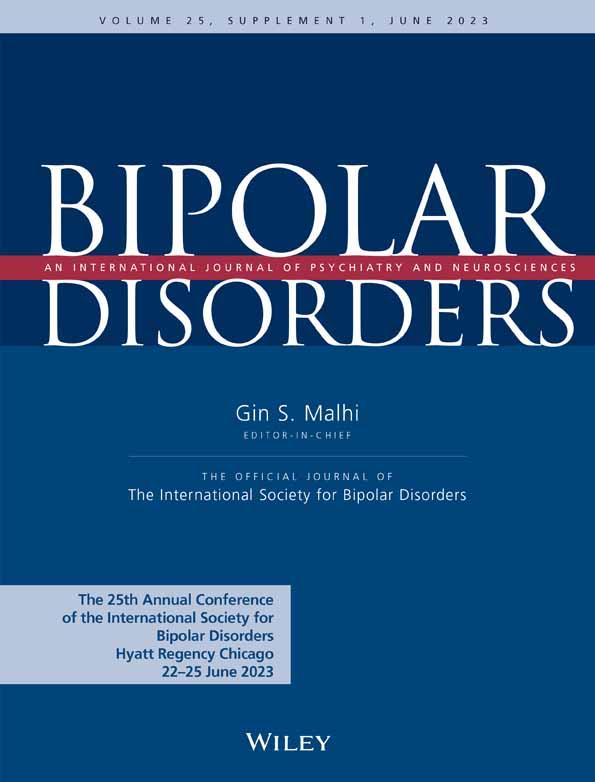
Bipolar Disorders Conference, Vol 25, pg. 34
June 1, 2023
depressive symptoms, daily stressors, young adults, affective responsivity, mental health, stress appraisal, sex differences, anger, shame, negative affect, positive affect, subclinical depression, psychosocial stress, stress generation theory, daily diary study.
Greater negative affective responsivity (NA-R) to daily stress is associated with increased risk of cardiovascular disease (CVD); however, the underlying mechanisms remain unclear. Given that heightened blood pressure (BP) reactivity to stress is also purported to increase future CVD risk, we hypothesized that increased NA-R to daily stress would be positively related to greater BP and heart rate (HR) reactivity to acute stress. Because major depressive disorder (MDD) is characterized by stress system dysfunction, we further hypothesized that the slope of this relation would be steeper in adults with MDD compared to healthy non-depressed adults (HA). Participants (n = 38 HA/n = 30 MDD; 18–30 yrs) completed the Daily Inventory of Stressful Events (DISE) interview every day for 8 consecutive days to quantify objective (and subjective appraisal characteristics (of naturally-occurring daily stressors. On DISE Day 8, beat-to-beat mean arterial pressure (MAP; finger photoplethysmography) and HR (single-lead ECG) were measured during the cold pressor test. In all participants (n = 68), greater NA-R was positively related to the magnitude of the CPT-induced increase in MAP (β = 13.69, SE = 7.54, p = 0.07) and HR (β = 18.27, SE = 9.00, p = 0.04). Compared to HA, NA-R was greater in adults with MDD (0.26 ± 0.10 vs. 0.36 ± 0.17 a.u.; p < 0.01). Further, the relation between NA-R and BP and, separately, HR reactivity to the CPT were steeper in adults with MDD (MAP: β = 23.25, SE = 8.97, p = 0.02; HR: β = 24.77, SE = 9.33, p = 0.01) compared to HA (both p > 0.05). These data suggest that greater negative affective responsivity is associated with greater acute cardiovascular stress reactivity and that this relation is sensitized in adults with MDD.
This study reveals that young adults with more severe depressive symptoms — even those without a formal diagnosis — report daily stressors more pervasively and experience a greater worsening of negative affect in response to them. Specifically, higher symptom severity is linked to more frequent stressor exposure, increased anger and shame post-stressor, and amplified negative (and modulated positive) affective responsivity to daily stressors, which may elevate their risk for future chronic diseases.
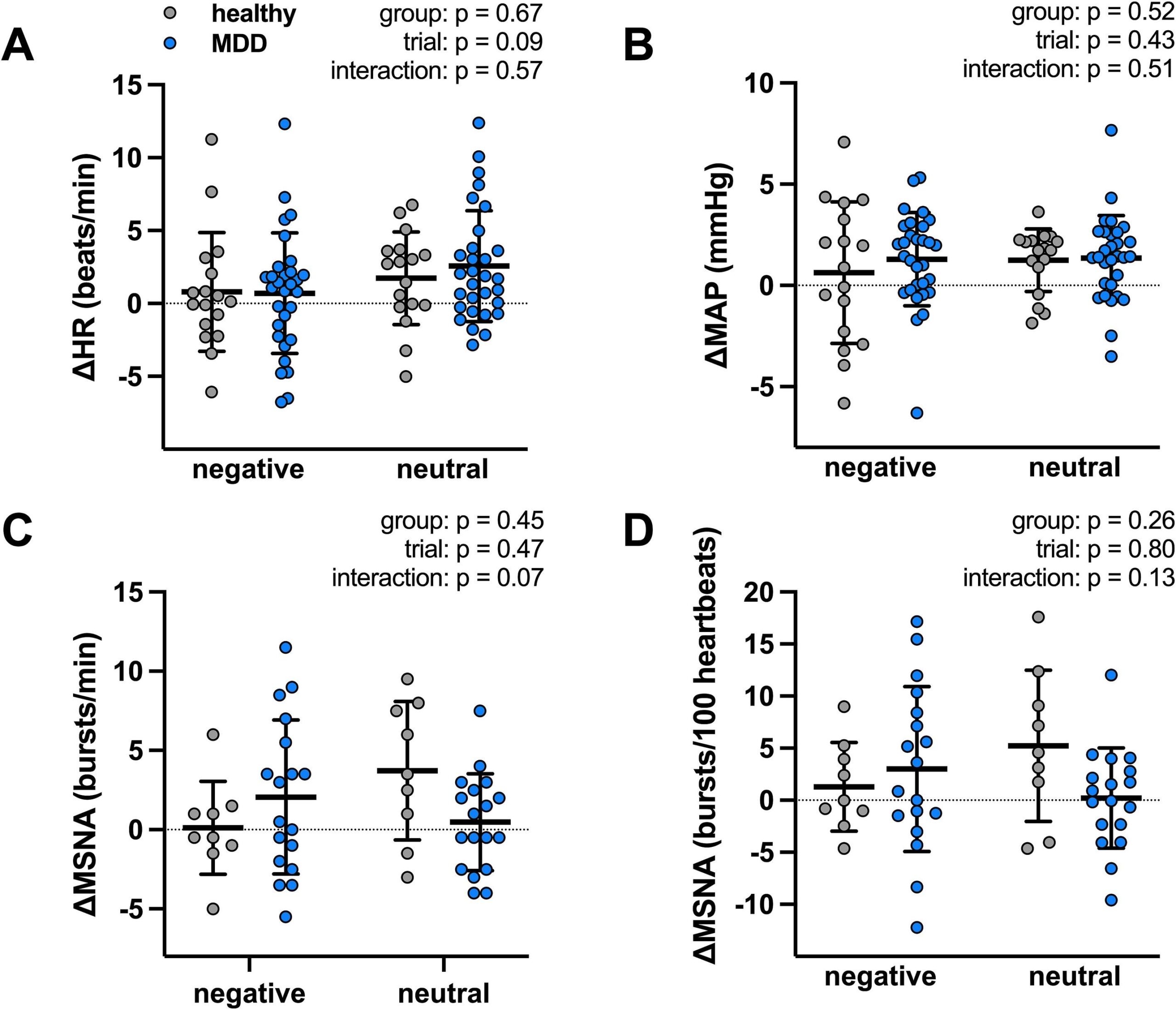
Autonomic Neuroscience, Vol 259, pg. 259
June 1, 2025
Major Depressive Disorder, sympathetic nervous system, muscle sympathetic nerve activity, emotional stress, negative images, International Affective Picture System, cardiovascular disease risk, young women, microneurography, depressive symptom severity, blood pressure.
Young women, who suffer from major depressive disorder (MDD) at twice the rate as young men, are particularly vulnerable to cardiovascular events triggered by emotional stress, an association that may be partially explained by excessive sympathetic activation. However, no studies have directly measured sympathetic activity during acute emotional stress in young women with MDD. We hypothesized that the muscle sympathetic nerve activity (MSNA) response to acute emotional stress would be greater in young women with MDD (18–30 yrs) compared to healthy non-depressed young women. MSNA (peroneal microneurography) and beat-to-beat blood pressure (BP; finger photoplethysmography) were measured at rest and during acute emotional stress evoked by viewing negative images selected from the International Affective Picture System in 17 healthy young women and in 30 young women with MDD of …
Young women with mild-to-moderate Major Depressive Disorder (MDD) did not show exaggerated sympathetic nerve activity (MSNA) or blood pressure (BP) responses to passive emotional stress (viewing negative images) compared to healthy women. However, the study found that in women with MDD, greater current depressive symptom severity was positively related to a larger MSNA response to emotional stress, suggesting that more severe symptoms might amplify sympathetic activation and potentially increase cardiovascular disease risk.
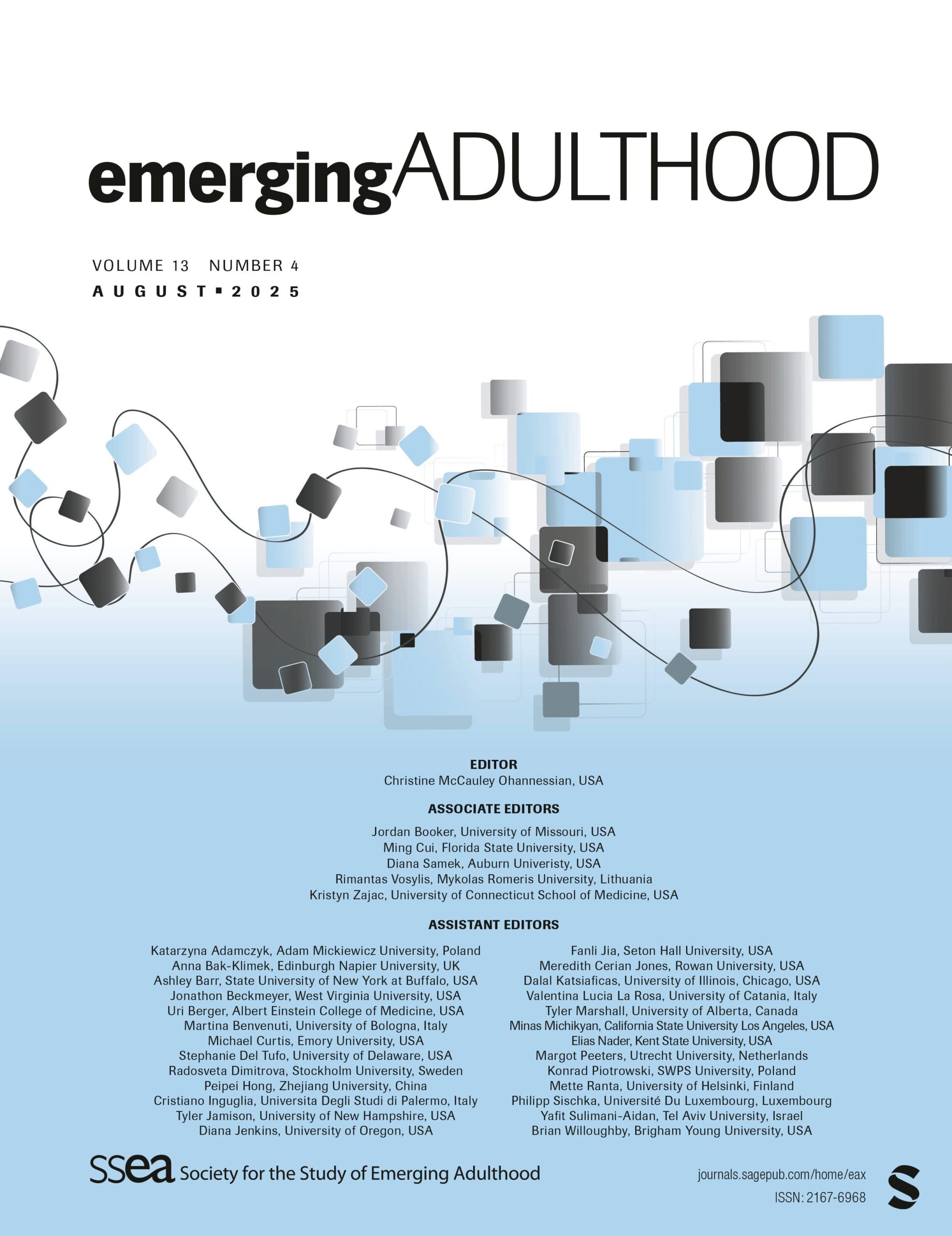
Emerging Adulthood, Vol 13, S1, pg. 214
February 2025
daily diary, negative affect, positive affect, daily stress, emotion, young adulthood, sex differences.
Despite mounting evidence that young adults experience greater exposure and affective responsivity to daily stressors than middle-aged and older adults, few studies have examined potential sex differences in these daily stress processes in young adults. We tested the hypotheses that young women would experience (1) a greater percentage of days with at least one daily stressor event and (2) exaggerated negative and positive affective responsivity to daily stressors compared to young men. Young adults (n = 215) completed a daily web-based interview for eight consecutive days to assess multiple dynamic aspects of daily stress processes. Women experienced a greater frequency of daily stressor days. Further, the magnitude of the difference in both negative and positive affect between stressor-free and stressor days were greater in young women compared to young men. Greater exposure and amplified …
This study reveals that young women not only encounter daily stressors more frequently but also experience a significantly amplified emotional response—both negative and positive—to these stressors compared to young men. This heightened affective responsivity and increased exposure to daily stressors may contribute to a greater vulnerability to adverse psychological outcomes in young women.
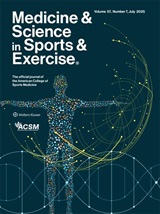
Medicine & Science in Sports & Exercise, Vol 55, S9, pg. 409
September 1, 2023
Cardiovascular Health, Blood Pressure Dipping, Physical Activity, Stress Reactivity, Hormonal Cycles, Vascular Function, Chronic Ankle Instability, Muscle Physiology, Lactate Response, Para-Athletes.
This collection of research abstracts investigates various aspects of human physiology, including the impact of habitual physical activity on cardiovascular health, such as nocturnal blood pressure dipping and stress reactivity. It presents findings on the influence of hormonal cycles on vascular function, examines muscle performance in chronic ankle instability, and explores unique physiological responses in para-athletes. The studies offer insights ranging from the non-effect of sodium loading on BP dipping in young adults to the positive association between habitual physical activity and BP dipping, and the lack of moderation by physical activity on stress-induced heart rate responses.
Daily psychosocial stress in midlife is associated with greater within-person cognitive variability—a reflection of subtle neurocognitive dysfunction and indicating increased risk for Alzheimer’s disease and related dementias (ADRD). However, the physiological mediators transducing daily stress to accelerated cognitive aging remain unclear. SP10’s goal is to determine whether and to what extent mitochondrial dysfunction-induced impairments in peripheral endothelial function explain how daily stress impacts ‘real-world’ cognitive function in middle-aged adults. SP10 is assessing multiple dynamic aspects of daily stress processes and daily cognitive function for 14 consecutive days in a small community sample of cognitively unimpaired middle-aged males and females (n=20; 40-55 yrs).
SP11 is interested in using the MOODS app to assess the feasibility of collecting momentary reports of stressors in its sample.
A successful pilot will provide SP11 with a new burden-efficient and comprehensive mechanism to collect the sources of stress in ADRD patients. The timely recording of stressors will also open new opportunities to design, optimize, and deliver timely interventions.
You must be logged in to post a comment.

No Comments